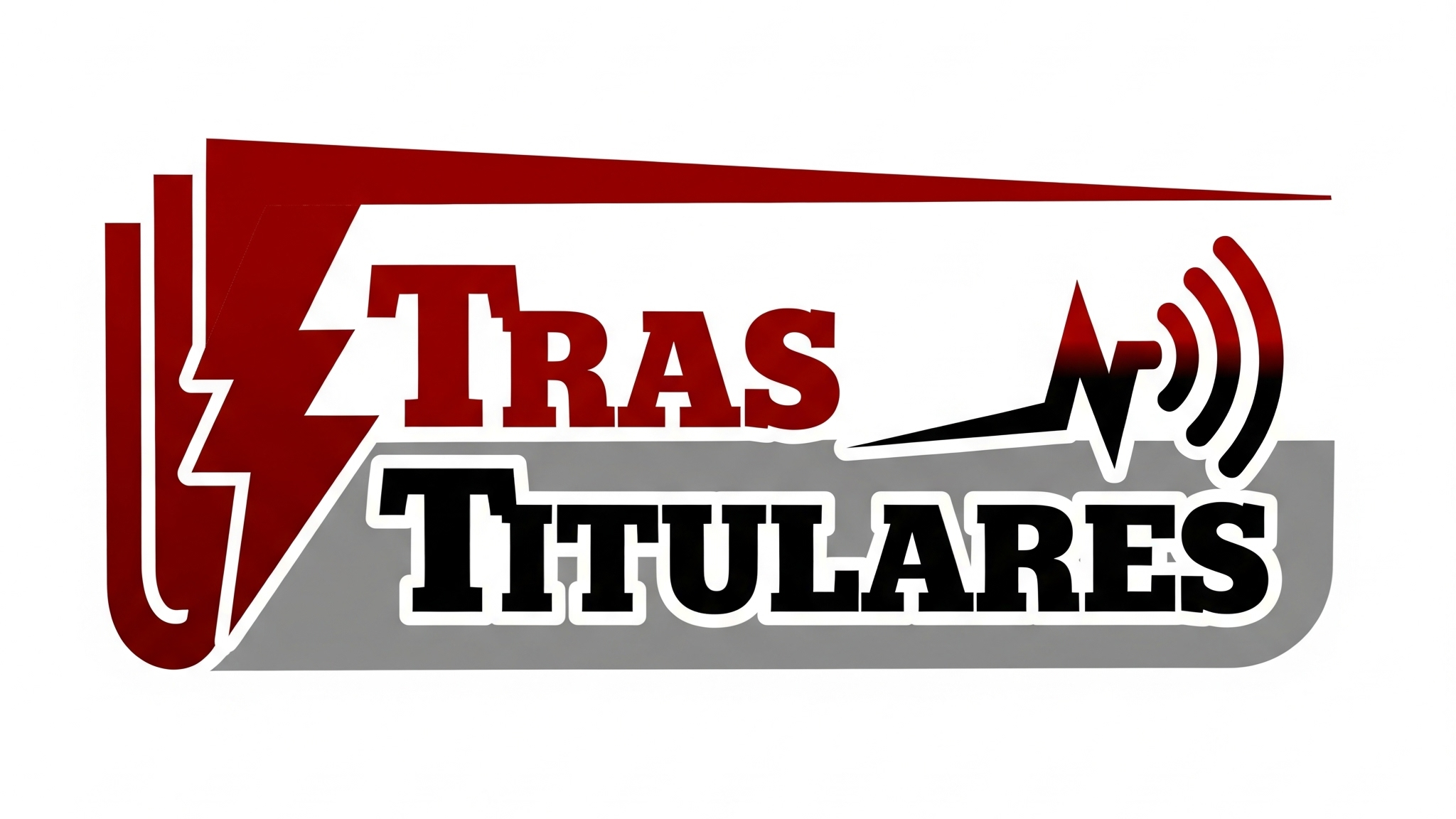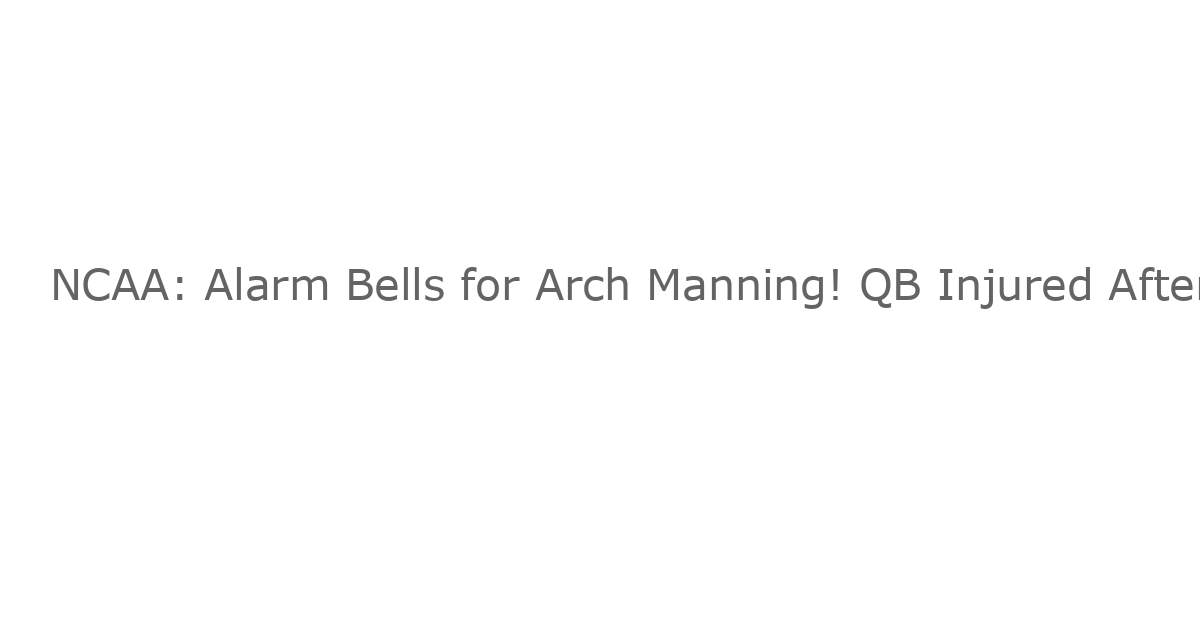Austin, Texas – The University of Texas Longhorns celebrated a dramatic, overtime victory against the Oklahoma Sooners on Sunday, but the celebration was tempered by concerns surrounding the injury sustained by star quarterback Arch Manning. Manning, the highly touted five-star recruit and presumed heir apparent to legendary Longhorn quarterbacks, suffered a significant shoulder injury during the fourth quarter, forcing his removal from the game and raising serious questions about his availability moving forward.
The injury occurred with just under eight minutes remaining in the contest. Manning, attempting a crucial pass to junior receiver Caleb Williams, landed awkwardly after being hit by Oklahoma linebacker Darius Jackson. Initial reports indicated a possible dislocation, and Manning was immediately attended to by the Longhorns’ medical staff. He was subsequently carted off the field, and later examined by orthopedic specialists at the University of Texas Medical Center.
“We’re understandably concerned about Arch’s injury,” stated head coach Steve Sarkisian in a post-game press conference. “He’s a tremendous competitor, and we’re dedicating all available resources to ensure he receives the best possible care. We’re running extensive diagnostic tests to fully assess the extent of the damage.”
While the specifics of the injury remain undisclosed pending further testing, preliminary reports suggest a possible labral tear in Manning’s right shoulder. This type of injury commonly requires surgery and a recovery period of several months.
The Longhorns are currently evaluating backup quarterback, sophomore Jameson “Jay” Reynolds, for increased playing time. Reynolds has demonstrated potential, but lacks the experience and pedigree of Manning.
Manning’s injury comes at a crucial juncture in the season. The Longhorns, currently ranked 12th in the nation, face a challenging schedule, including a game against the undefeated LSU Tigers next week. The severity of Manning’s injury, and the timeline for his return, will undoubtedly impact Texas’ championship aspirations.
Analysts are already weighing in on the situation. “This is a massive setback for Texas,” commented renowned college football analyst, David Miller. “Manning was the key to their offensive success, and his absence creates a significant vulnerability. The team’s ability to compete at the highest level will depend entirely on how quickly he recovers.”
The University of Texas is expected to release a more definitive statement regarding Manning’s diagnosis and expected recovery period later today. The outcome remains a significant uncertainty and one that will be closely monitored by college football fans and recruiting circles alike.

